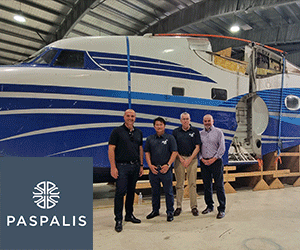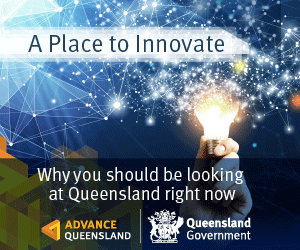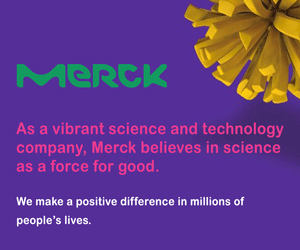1MG FlippingBooks
Intelligent Automation: A New Frontier in Climate Technologies
By Saranjit Singh
Managing climate change is a universal challenge needing a broader perspective of actions, including adopting digital solutions – sentiments echoed by the World Economic Forum.

Climate mitigation initiatives were once primarily focused on lowering carbon emissions and restructuring manufacturing processes. Although these measures are still at the forefront, industries, including ICT, must form holistic views of unified responsibilities to reach net zero targets by 2050. Are Australian organisations sufficiently motivated to develop the strategies for transitioning to a greener and more sustainable economy?
Firstly, the benefits and costs of moving away from carbon-intense mechanisms to cleaner energy systems ought be shared fairly. Wealthier nations, for example, can apply their privilege and look towards investing in sustainable infrastructure, green technology, and learning programs that can equip the community with the assets needed to reach 2050 goals.
During the May 2022 World Economic Forum held in Davos, Switzerland, experts agreed that energy, construction, and mobility are the three highest emitting sectors while digital technologies hold the greatest promise for reducing emissions.
Too often, misconceptions of the cost of sustainability create barriers to change. Delivering on supply chain goals remains a work in progress in corporate sustainability commitments. Procurement and sourcing processes can uncover significant opportunities to reduce environmental impact when accounting for carbon accuracy. Fresh ideas and perspectives are needed. Transitioning to more renewable energy sources forces the utility providers to develop methods to better estimate energy production and consumption.
Intelligent automation (IA) can analyse data and forecast energy output and demand, with pinpoint precision, enabling businesses to develop reliable climate change mitigation measures, while simultaneously reducing the risk of inefficiencies. Improved forecasts and targeted recommendations for low-carbon items can encourage environmentally friendly purchases from the consumer.
When addressing high emitting industries, IA solutions can substantially enhance the way energy is expended. Organisations that implement data automation and modelling can digitalise their operations, hence balancing the emission-based energy generation. Having a one-stop digital solution will boost efficiency and enable the novel procedures to lower power consumption and therefore reduce harmful emissions.
IA has the real potential to accelerate climate change measures by reducing waste in all forms (time, money, and material). Many organisations, however, will need to re-think their strategies by implementing varied albeit complementary technologies that maximise efficiency and reduce waste.
To fuel the acceleration of net-zero trajectories, Australian industries and high-emitting sectors can also help combat misconceptions of change and, as a sign of leadership, drive the adoption of digital solutions to keep up with the evolving innovation ecosystem.
The Australian ICT industry has a crucial role in achieving shared national climate change goals. With digital being at the heart of everything we do, the country’s ICT leaders have a huge opportunity to pave the way to creating a unified community that is comfortable and competent with digital solutions. Establishing innovative technologies like IA is one step, however, education on how to best leverage them will create confident citizens and accelerate digital literacy.
ICT industries should be encouraged to continue investing in the research and development of sustainable digital solutions and the upskilling of those who are using them. Understanding and leveraging IA is a key step to driving the catalyst of a greener world.
Saranjit Singh is Vice President Telecommunications and Utilities APAC, SS&C Blue Prism. SS&C’s Blue Prism is a global leader in enterprise robotic process automation and intelligent automation.
Video:
The climate crisis: Can smart ideas save the planet? | DW Documentary










